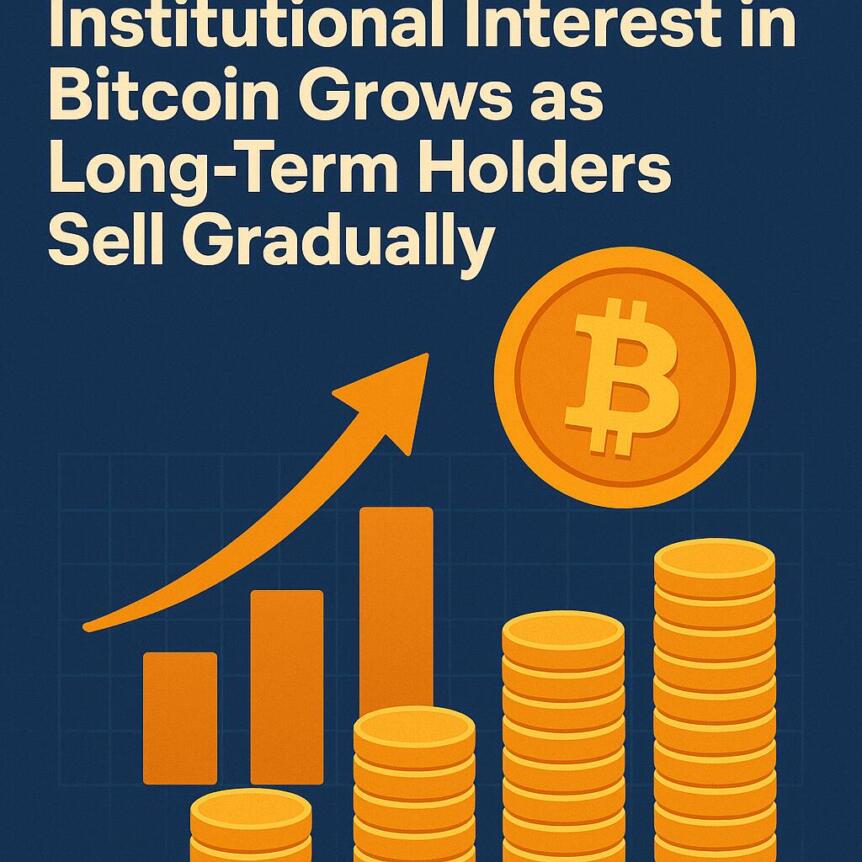- JPX is considering tighter oversight of companies accumulating large crypto holdings
- Several Japanese firms pause crypto-buying plans following JPX’s pushback
- Metaplanet defended its governance, citing shareholder-approved processes
Japan Exchange Group Inc. (JPX), the operator of the Tokyo Stock Exchange, is reportedly exploring ways to limit the rapid rise of listed companies turning into digital-asset treasury entities, amid growing concerns about investor losses tied to Japan’s crypto hoarding trend.
JPX Weighs Tighter Oversight Of Digital-Asset Treasuries
According to Bloomberg, the exchange is considering stricter applications of its backdoor-listing rules and may require companies shifting toward digital-asset holdings to undergo fresh audits. However, no official decision has been finalized yet.
Since September, at least three listed firms have paused their plans to begin buying cryptocurrencies following pushback from JPX, said the report. Those companies were informed that pursuing a crypto acquisition strategy could restrict their fundraising capabilities.
Related: Japanese Fintech Firm JPYC Launches Country’s First Legally Recognized Yen Stablecoin
While JPX has no explicit rules against listed firms holding crypto, the firm said it is “monitoring companies that raise concerns from a risk and governance perspective, with a view to protecting shareholders and investors.”
The Rise and Fall of Japan’s Crypto-Hoarding Trend
The surge of digital-asset treasury companies (DATs) in Japan follow a global trend sparked by Michael Saylor’s Strategy Inc., which famously converted billions of dollars in corporate reserves into Bitcoin.
Japan now leads Asia with 14 listed Bitcoin-buying firms, according to BitcoinTreasuries.net. However, shares of these companies have recently suffered steep declines. Tokyo-listed Metaplanet Inc., Japan’s largest DAT, has seen its stock plummet over 75% since mid-June after soaring 420% earlier in the year, Bloomberg added.
The company now holds more than 30,000 BTC after pivoting from a hotel business to a Bitcoin treasury model. Similarly, Convano Inc., a nail salon operator planning to acquire 21,000 BTC, has seen its shares drop about 60% since August.
JPX is exploring whether companies that drastically shift their business focus toward crypto accumulation might be treated similarly to those engaging in backdoor listings, a process in which a private company becomes publicly listed by merging with an existing one, bypassing the traditional IPO process.
Metaplanet President Simon Gerovich issued a statement, adding that the company has operated under rigorous corporate governance procedures. He said that over the past two years, Metaplanet has held five shareholder meetings to approve all critical changes, including the pivot to a Bitcoin treasury business, expansion of authorized shares, and creation of preferred stock classes.
Gerovich revealed that all decisions were made through proper channels and with shareholder approval as corporate governance remains the foundation of Metaplanet’s decision-making.
Related: Why Sanae Takaichi’s Historic Win Today Could Reset Japan’s Crypto Policy Path
Disclaimer: The information presented in this article is for informational and educational purposes only. The article does not constitute financial advice or advice of any kind. Coin Edition is not responsible for any losses incurred as a result of the utilization of content, products, or services mentioned. Readers are advised to exercise caution before taking any action related to the company.
Source: https://coinedition.com/jpx-reviews-listing-rules-to-curb-corporate-crypto-hoarding/


